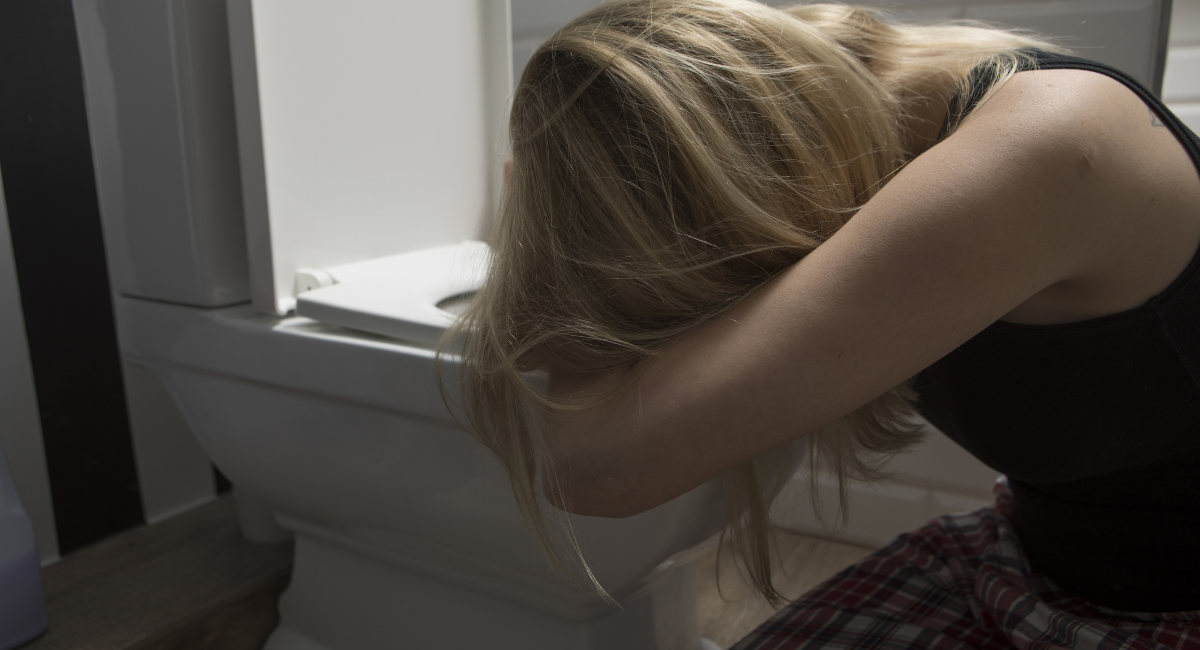In a guest essay for The New York Times, attorney Sarah Elaine Harrison shared her two personal abortion stories in an attempt to gain support for both by claiming they were equally necessary. In reality, neither was necessary, but she also admits what many abortion advocates don’t want to: every abortion is tragic and avoidable.
“Both came with heartache and upheaval — and both prevented heartache and upheaval,” she wrote. “One was an experience common to many abortion patients, but one that people often look on with disdain. The other was the sort that generally garners public sympathy. I wish they both did.”
Harrison’s first abortion was carried out when she was a 28-year-old single mother of one young daughter living in a “basement apartment” and studying for the bar exam. She didn’t believe she could be a good mother to a second child while pursuing her degree — a lie about herself and her abilities that many women have been led to believe.
Her second abortion was carried out nine years later. Married at the time, she and her husband were expecting twins but one was diagnosed in the womb with Trisomy 18, which Harrison wrongly described as “fatal.” She was told that Twin B was going to die and put Twin A and herself at risk in the meantime.
Intentionally killing a preborn child is not necessary
Harrison’s first abortion was not necessary to save her career and her second abortion was not necessary to save her other child’s life.
With proper support, Harrison could have avoided her first abortion, continued to be a good mother (now to two children), and completed her educational goals. She does not mention the baby’s father or any attempt to contact organizations that help women in her situation. It’s unknown if she did have support, but there are more pregnancy resources available to help women parent their children and reach their goals than there are abortion facilities that financially profit off of killing babies. Yet, many women are not aware of these organizations or have been trained to see these organizations as evil and deceptive, thanks to pro-abortion marketing efforts.
With her second abortion, doctors could have actively worked to help Harrison receive the care she that and both of her babies deserved, but they failed her.
“We knew there was only one way to protect fetus A and myself,” she wrote. “But we live in Texas. And because of our state’s abortion ban, I had to travel to Colorado for abortion care. The Texas ban provides no exception for an abortion in the case of fatal fetal abnormalities — even for the purpose of protecting a second, healthy fetus.”
While there are risks associated with any pregnancy and increased risks in certain pregnancies, Dr. Susan Bane, a board-certified OB/GYN, told Live Action News that in her 25 years of practice, she has delivered three sets of twins in which one of the babies was considered healthy and the other had a life-limiting condition in which he was expected to die shortly after birth. Bane did not advise any of those parents to have a “selective reduction” abortion to kill one twin, because the standard of care is expectant management, which involves closely monitoring the mother and babies for signs of concern. If concerns arise, Bane will carry out an induced delivery of the babies if and when necessary.
“If medicine’s purpose is health and healing and wholeness, then where does the direct and intentional killing of another human being ever come into play? It doesn’t. And you don’t have to do a selective reduction to help that other twin,” Bane said, adding, “They’re trying to paint this picture that babies with life-limiting conditions are threats to the mom. … That’s typically not the case.”
One example is that of Jessie and her husband Matt, who faced a similar pregnancy in which one twin had Trisomy 18 and one did not. They refused a selective reduction abortion, and at 33 weeks, needed to have excess amniotic fluid removed to give the babies a chance to make it a few more weeks before delivery. It worked — and at 36 weeks, Jessie delivered both of the boys alive. Read more here.
Sympathy for abortion
Harrison underwent her first abortion because of the lie that she was incapable of being successful at motherhood, her education, and her career. She underwent her second abortion because doctors told her that her baby presented a threat to her and her other child. It’s a cruel tactic that excuses doctors from the work of more closely monitoring their patients during high-risk pregnancies and protecting all three lives.
Harrison asks for sympathy for choosing the “heartache” of abortion because she believes she had no other choice in either situation. It’s exactly what abortion facilities want women to believe — that abortion is their only choice and they can buy abortion from them at a heavy price. For that, Harrison and the children’s fathers do deserve sympathy as do her children, who lost their lives to that lie, and her older daughter who lost not one, but two siblings to that lie.
In admitting to the “heartache” of abortion, Harrison recognizes that abortion is not a celebratory ‘freedom’ as abortion advocates would have us believe. Rather, it’s a chain that binds women to the idea that they are weak and incapable, and that their preborn children are oppressing them.
Both of Harrison’s abortions were tragic, and both were avoidable. She deserved the opportunity to love and care for all of her children, and her children deserved their right to live.







